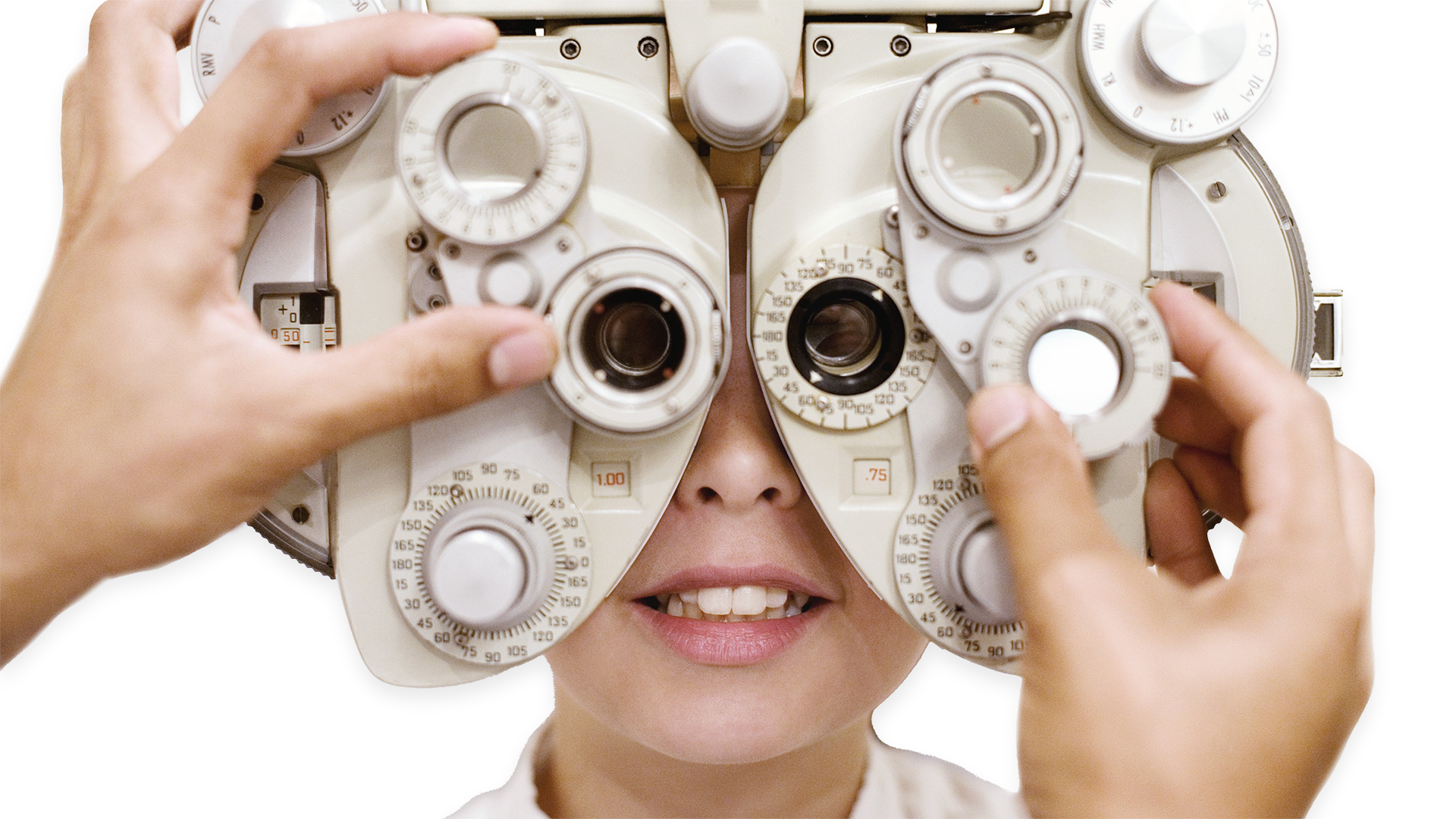Know what to expect as you budget
Truth be told, the cost of contact can vary significantly depending on a number of factors— including which contacts you are prescribed, which eye care professional you see, and how much vision insurance covers, if you have it.
With that in mind, we'll walk you through the basics so you know where to follow up for more info.




